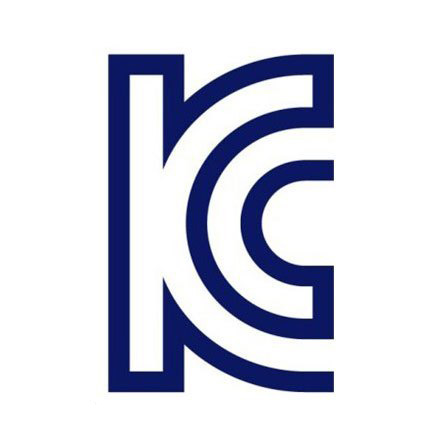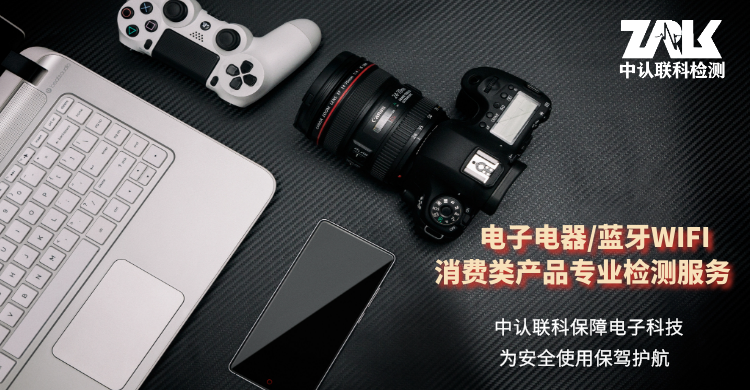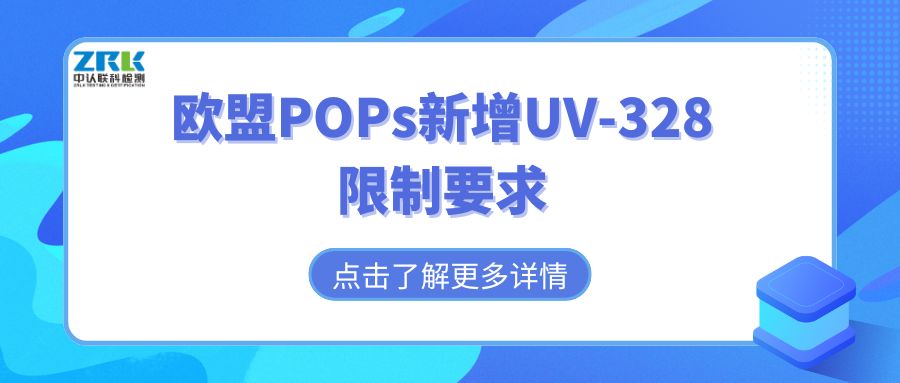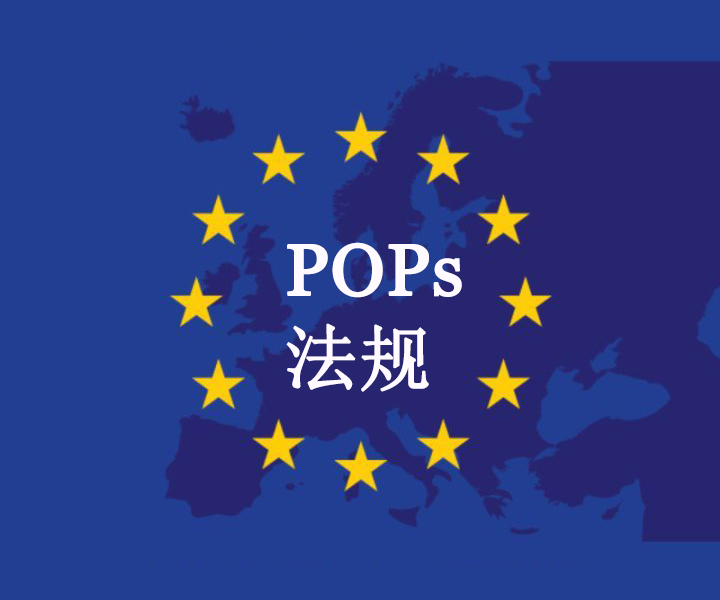The "KC" logo means "Korea Certification". The 13 mandatory legal marks currently used in South Korea will be unified into the unified mark of the country. This will simplify the certification process, reduce the cost of manufacturer certification, and make the KC logo a world-recognized brand.

The new certification method divides the applied products into two categories: products in category 1 (compulsory certification) require factory inspection, and the certificate has no validity period; products in category 2 (voluntary certification) do not require factory inspection, and the certificate is valid for five years. South Korea will classify AV products, partial information (IT) products, and originally non-mandatory personal computer power supplies as "Voluntary Safety Verification", and the certificate is valid for five years. The audio-visual products and some information products that have applied for the EK mark will be automatically converted to a new category in the system of the Korean issuing unit, and the certificate will be valid from January 1, 2009 to December 31, 2013.
KC certification process
Applicant (or agent) submit product information
The new certification process includes the following
(1) Application for safety certification (mandatory)
(2) Application Form for Confirmation of Self-Regulation Safety of Electrical Appliances and Application Form for Confirmation of Self-Regulation Safety of Electrical Appliances
application for test of self-regulatory safety confirmation & declaration of self-regulatory safety confirmation) (自律)
(3) Parts catalog directly affecting safety
(4) Electrical wiring diagram
(5) Transformer detailed specifications (for related products)
(6) Insulation material catalog (temperature, pressure characteristics or flame resistance grade, etc.)
(7) Product manual (including Korean product manual)
(8) labeling (marking label)
(9) Agent authorization certificate (mandatory; required, self-discipline; required when agent applies)
(10) Questionaire (only for mandatory certification)
Factory inspection
The South Korean Safety Law stipulates that after accepting an application, the authorization requires a first factory inspection of the factory.
According to the project required by the safety law, a preliminary assessment of the factory's quality control system is carried out, involving the following aspects:
The factory shall produce certified products consistent with the samples confirmed by the certification body in accordance with product certification implementation regulations and factory quality assurance capability requirements. According to the laws related to Korean safety certification and the relevant regulations of the Korea Industrial Technology Laboratory (ktl), your factory should have the following documented procedures or regulations, and the content should be compatible with the factory quality management and product quality control:
(1) Product change control procedures
(Example: After the certification product change declaration is approved by the certification body, the relevant department should formulate corresponding technical documents in strict accordance with the approved changes and issue them to the relevant departments to implement the changes of the certified product correctly. Unapproved changes cannot be changed The certification mark is applied to the product.)
(2) Document and data control procedures
(3) Quality record control procedures {should include record retention period of at least 3 years (only purchase, routine and operational inspection records)}
(4) Routine inspection and confirmation inspection procedures
(5) Control procedures for nonconforming product
(6) Inspection or verification procedures for key components and materials
(7) Internal quality audit procedures
(8) Process operation instructions, inspection standards, instrument operating procedures, management systems and other procedures
The factory shall keep at least the following quality records to confirm that the factory has indeed carried out all production inspections and production tests, and the quality records shall be true and effective:
(9) Routine inspection and confirmation inspection records of products:
Incoming inspection/verification records of key components and materials and qualification certificates provided by suppliers
Inspection and test equipment records of regular calibration or verification;
Routine inspection and confirmation (operation) inspection records
Daily inspection records of safety equipment on the production line (workshop)
Disposal records of unqualified products (purchase, routine and operation);
Internal audit records;
Records of corrective actions taken by customer complaints;
Correction record of non-conformity of running inspection;
Annual factory inspection:
After the authorization of the certificate, the certification body will conduct an annual follow-up review of the factory every year. The main purpose is to check whether the consistency of the factory's quality control system can continue to meet the standards of the safety law.
The annual factory inspections are divided into two parts:
(1) The requirements and contents of the quality documents, quality records, and related content on the manufacturing site are basically the same as the initial review.
(2) It is necessary to confirm the consistency of all products authorized by kc mark in the factory. According to the attached page of the product's authorization certificate (list of key components), confirm the key components, materials, circuits, and structures of the certified products to see if they are consistent.
Sampling requirements:
A total of 216 products have been included in the scope of kc mark compulsory certification. The Korean Safety Law stipulates that all kinds of products are sampled every year, so each product is sampled once a year.
Sampling method:
The factory inspector conducts the annual inspection. When there is production or inventory on site, the inspector seals the sample and the factory sends the sample to the designated address within 3 months. When there is no production or inventory in the factory inspection, the factory must designate the sample within 6 months.
If you have questions or are unclear about the above content, please contact our company, and a professional engineer can answer it online for you. ZRLK focuses on providing comprehensive technical services such as testing, certification, appraisal, technical consulting, and solutions for the majority of corporate customers. Enterprises with related testing and certification requirements can directly contact ZRLK to consult related businesses.














